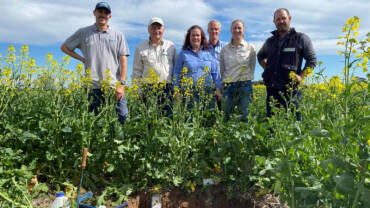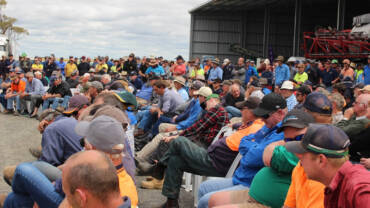Challenges in making soil-carbon sequestration a worthwhile policy
| Posted May 11,2022Policies that financially reward farmers for sequestering carbon in agricultural soils are widely seen as an effective way to combatting climate change.
However, there are many reasons why this might not be the case.
If a policy accounts well for the realistic technical complexities of soil-carbon sequestration, the revenues received by farmers will be small relative to their other costs and revenues, and so will make little difference to their decisions about farming practices.
There is a high risk of paying farmers for doing things that they would have done anyway, despite existing policy measures intended to avoid this. Even if the current high cost of measuring soil carbon can be substantially reduced, this will not be sufficient to overcome the other technical and economic challenges that reduce benefits and limit participation in the offset program by farmers.
Targeted agricultural research and development may help to overcome some of these challenges.
Soil CRC CEO Dr Michael Crawford co-writes this article with Professor David Pannell.
The full article is available through Farm Policy Journal and is also reproduced with permission here.





